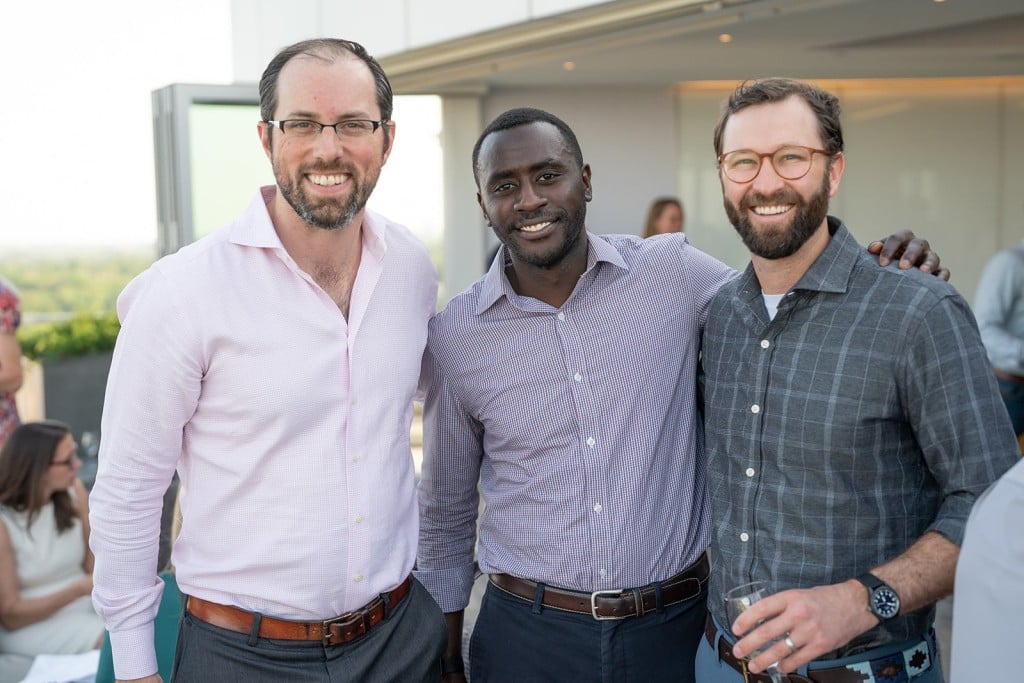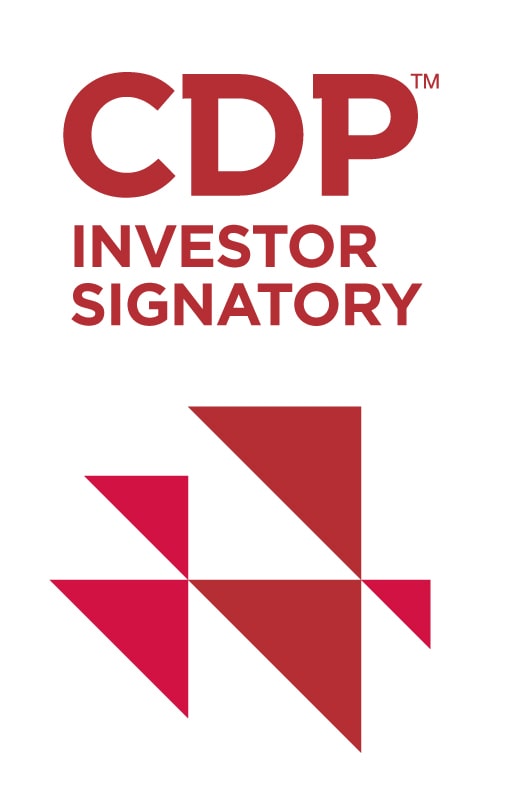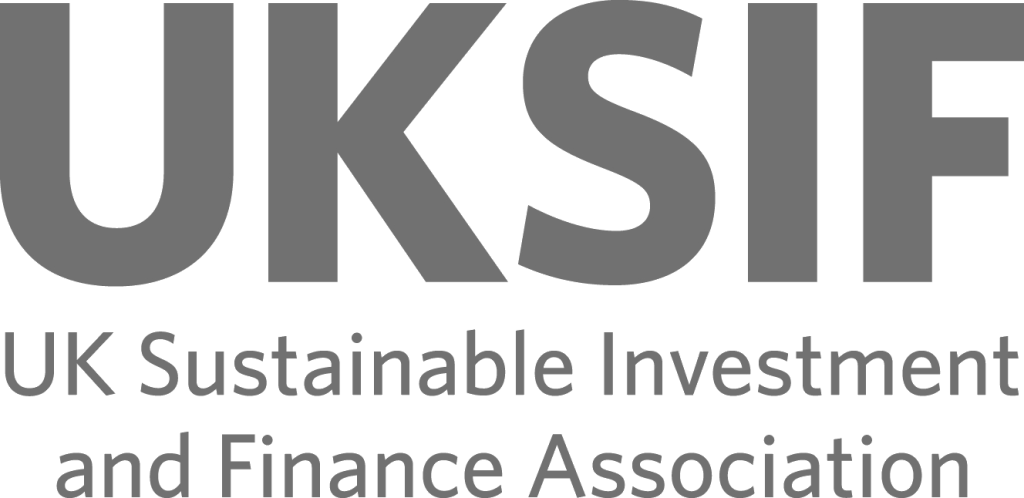Stewardship
Stewardship
As a steward of client capital, Sands Capital has a fiduciary responsibility
to consider the full range of risks and opportunities that can potentially
influence investment outcomes.1
We believe that environmental, social, and governance (ESG) factors can play a material role in determining investment risk
and return. Therefore, we seek to own exceptional businesses that meet our six criteria as well as recognize and thoughtfully
manage potential ESG impacts. We aim to maximize shareowner value creation over the long term.
Our Guiding Principles
The purpose of our proprietary research is to identify high‐quality, leading growth franchises with sustainable business models, operating in attractive areas of growth and innovation. We place significant value on companies that embrace a long‐term perspective and that are thoughtful stewards of financial and non‐financial resources, which can include environmental and social aspects of the business. In particular, we believe effective governance and responsible corporate strategy are critical components of long‐term growth investing.
ESG factors vary in importance and are highly dependent on the region, country, industry, and company. We believe deep domain and company‐specific knowledge allows our investment professionals to make appropriate judgments about which ESG factors could have the greatest impact on all stakeholders. Analysis of these factors is integrated into the investment decision‐making process to the extent our team believes they may affect the sustainability of a company’s value‐creating potential.
We seek to maintain independence in the execution of our research. Though we may leverage external frameworks (e.g. Sustainability Accounting Standards Board materiality topics) and sources (e.g., ESG databases, governance advisory firms, academic researchers) to varying degrees to identify key ESG issues for the businesses we own, we do not rely on third‐party opinions when building conviction in our investment views.
We view engagement as a valuable tool to better understand management’s long‐term strategic vision. Therefore, we meet regularly with the management teams of portfolio companies to discuss how they manage ESG risks and opportunities, among other issues. When merited, we proactively express our views about business strategy, governance, financial reporting, executive compensation, and other stakeholder considerations.
We are committed to providing transparency into our ESG initiatives and how we think certain factors may relate to the long‐term growth prospects of the companies we own. We welcome client questions about the extent to which we have incorporated our understanding of relevant ESG factors into each investment case. We report regularly on our active ownership activities.
Engagement
Engagement is integral to our deep, business-focused research. It enables us to better understand management’s long-term vision and to discuss how they manage ESG risks and opportunities, among other issues. Because our portfolio businesses recognize our long-term investment orientation and focus on value creation, they typically welcome our engagement.
We engage with businesses to advance the following primary objectives: (1) to inform our investment cases, enabling us to build conviction in great businesses and add value for our clients; (2) to exchange perspectives on matters that are relevant to the interests of long-term shareholders; and (3) to discuss ballot proposals and inform our voting decisions.
Voting
Voting is an important part of our commitment to being an active, long-term business owner and to fulfilling our fiduciary duty to act in the best interests of our clients. Decisions are made by members of our investment research team. The process is typically directed by the lead analyst on the business, who will often consult with other members of the research team and Stewardship Committee.
Our evaluation of each meeting agenda typically considers company proxy documents, our own research on the business, recent discussions with management, and third-party analysis. While we do consider independent proxy advisers’ guidance, we do not delegate our voting or rely on their guidance in our voting decisions.
Collaborations
We build relationships with select organizations that enable us to understand stakeholders’ perspectives on sustainability issues, apply learnings to our research analysis and engagements with portfolio businesses, and collaborate with stakeholders to enhance corporate disclosure practices.



















